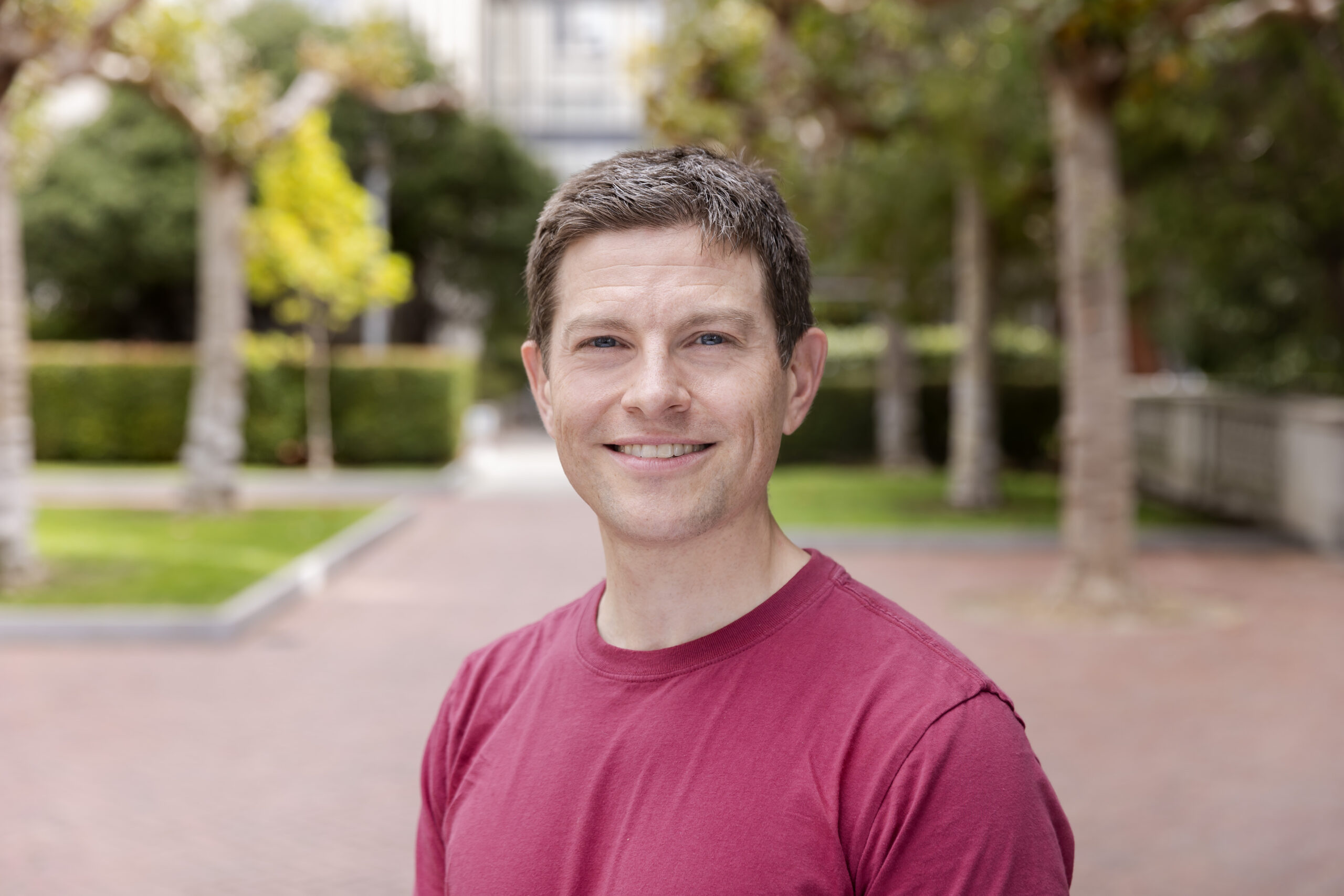
John Chorba
MedicineDr. John Chorba is an Associate Professor of Medicine at UCSF.
Project Description
Reprogramming PCSK9 biology for targeted membrane protein degradation
Joint project with Ziyang Zhang
Targeted protein degradation is a powerful therapeutic strategy that has greatly expanded the landscape of tractable disease targets. However, current methods are largely limited to proteins inside the cell. Many cancer and immunological targets are located on the cell membrane –therapeutic approaches to degrade these targets are scarce and often require antibodies or large oligomeric molecules. Yet a natural degradation signal for surface proteins already exists. They propose to leverage this natural mechanism into a small molecule-based platform for targeted protein degradation of the cell surface and extracellular spaces.
John Chorba’s Story
Revolutionizing Targeted Protein Degradation: A Bakar Project’s Promise
November 8, 2023
By: Niki Borghei
Targeted protein degradation, a groundbreaking but also relatively new technology, focuses on eliminating disease-associated proteins within cells by utilizing the body’s natural mechanisms. However, it encounters a significant roadblock—it fails to target membrane or secreted proteins, constituting a substantial portion of the proteome. Dr. John Chorba, Assistant Professor of Cardiology at UC San Francisco, is tackling this obstacle by not only addressing these elusive proteins, but also by envisioning a therapeutic strategy that could eventually take the form of an oral pill.
Q: How do you plan to tackle the problems associated with targeted protein degradation?
A: Targeted protein degradation is a way to remove disease-associated proteins from the cell by leveraging its endogenous machinery. However, it cannot be applied to membrane or secreted proteins, which make up a large percentage of the proteome. We want to be able to do this, and do so with a therapeutic strategy that could eventually become an oral pill.
Q: How does it work?
A: Our strategy is rather simple. We already have a protein that circulates in our bloodstream whose job it is to cause another specific membrane protein to be degraded. But when that happens it causes heart disease! So our solution is to rewire the natural system – in other words, to create a drug that keeps the circulating protein away from its natural target, and instead direct it to another protein that causes disease.
Q: What made you interested in working on this project?
A: We have a lot of knowledge of the biochemistry of these proteins, and have always been intrigued by undruggable targets. That we could potentially leverage a pathologic mechanism and turn it into a disease curing one is also very attractive to us.
Q: How did you decide to become an entrepreneur?
A: As a physician-scientist, I am extremely interested in bringing our discoveries to actual patients. Entrepreneurship is one way to do this. After all, if you turn something into a product, it’s because someone wants it!
Q: How will you apply your Bakar Spark fund to this effort?
A: We’ll be using the award to do the actual research! We need to fund our personnel, so this award will help put food on the table for the scientists in our groups who will be running the key experiments.
Q: What the collaboration on this project with Dr. Ziyang Zhang been like?
A: It’s been wonderful. I’m lucky to have known my collaborator for a long time, and we’ve always had a great scientific relationship. But what has been really exciting is to see how well our ideas complement each other. It makes the project greater than the sum of its individual parts.